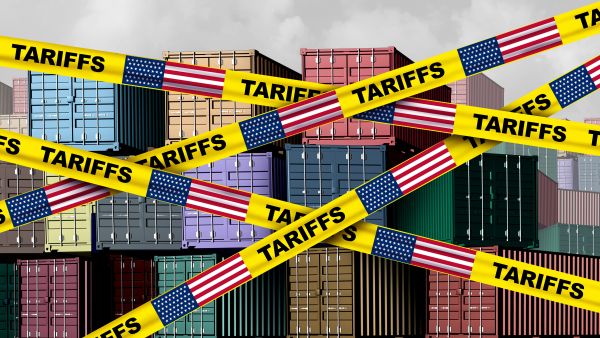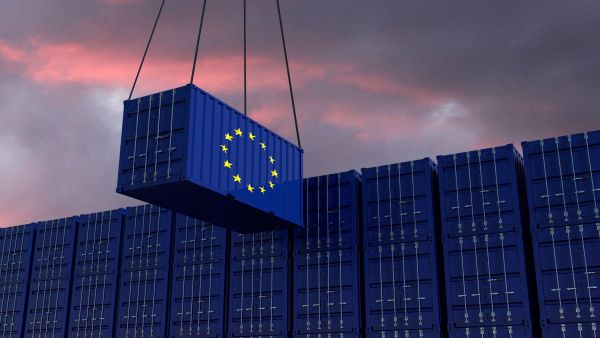Today, the European Parliament adopted as the first EU institution a digital trade strategy. The digitisation of our economies raises new questions about market access for digital goods and services in third countries and the protection of digital rights. Most of the existing trade rules were written in the ‘analogue age’, the European Parliament now wants to bring them into the 21st century.
The Socialists and Democrats in the European Parliament have been campaigning for international trade rules that strengthen the digital rights of European consumers, dismantle unjustified obstacles restricting market access for European companies to third countries and globally promote the respect for fundamental rights. To realise these goals the S&Ds want to include rock-solid provisions in all future EU trade agreements on personal data protection, forced data localisation, net neutrality, roaming, and intellectual property.
Karoline Graswander-Hainz, S&D negotiator on the digital trade strategy, said:
“With today’s vote the European Parliament is the first EU institution to adopt a digital trade strategy. The digital revolution is fundamentally changing trade, and politics must actively manage this transition; we can’t just stand by and be overrun by it. I am proud that the European Parliament is taking the lead and setting out standards for the future.
“The Socialists and Democrats want trade agreements to strengthen the digital rights of European citizens. Net neutrality and our high data protection standards must be safeguarded and, ideally, become global standards. Some third countries have erected unjustified trade barriers for digital goods and services and we want to ensure market access for EU companies. Today’s vote brings us an important step closer to a regulated digital trade in the interest of our citizens.”
Alessia Mosca, S&D spokesperson on trade, added:
“Thanks to the work of the S&D Group, the European Parliament’s digital trade strategy strikes the right balance between ensuring the competitiveness of our businesses and safeguarding our citizens’ rights to privacy and data protection.
“The digitisation of the manufacturing sector creates new opportunities and could boost the competitiveness of the EU. To harvest these opportunities we must manage the transition wisely by promoting social policies that will enable workers to retrain and citizens to deal with the rapid changes brought about by digitisation.
“With today’s vote we call on the other EU institutions to follow our lead and adopt a clear position on data flows that fully safeguards our EU laws on data privacy and commit to bringing our trade agreements into the 21st century by including provisions on forced data localisation, net neutrality, roaming, and intellectual property.”








